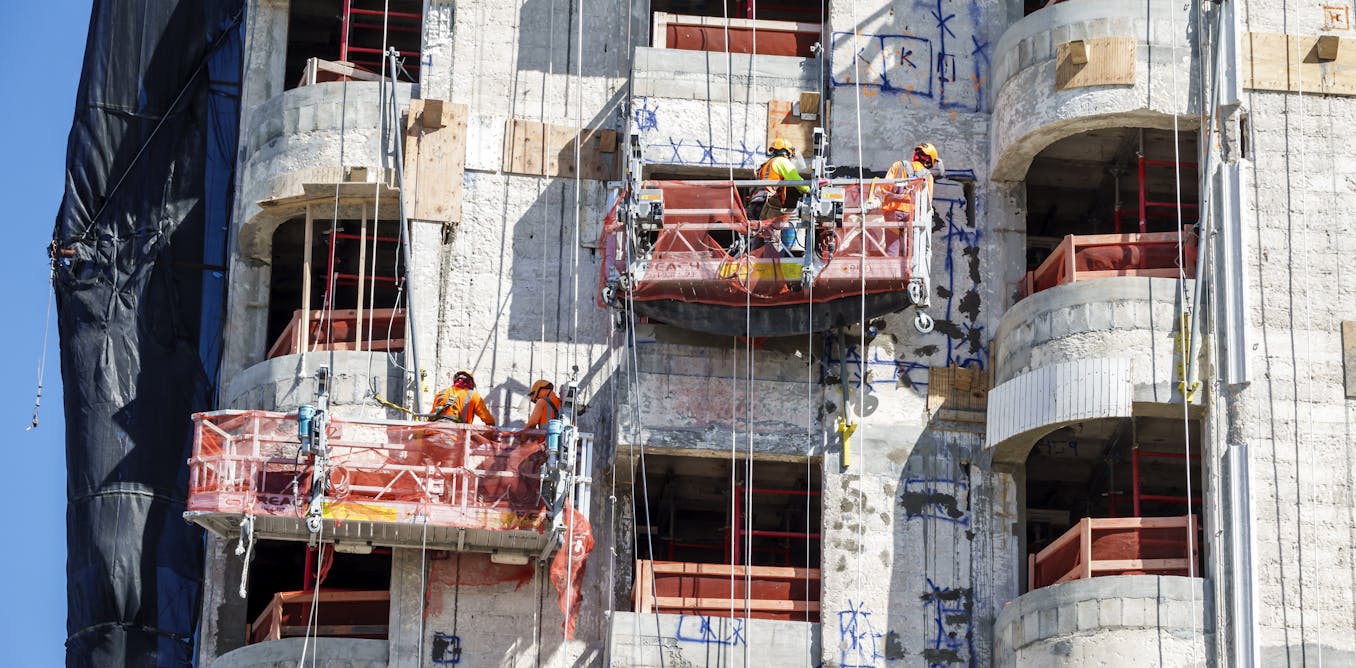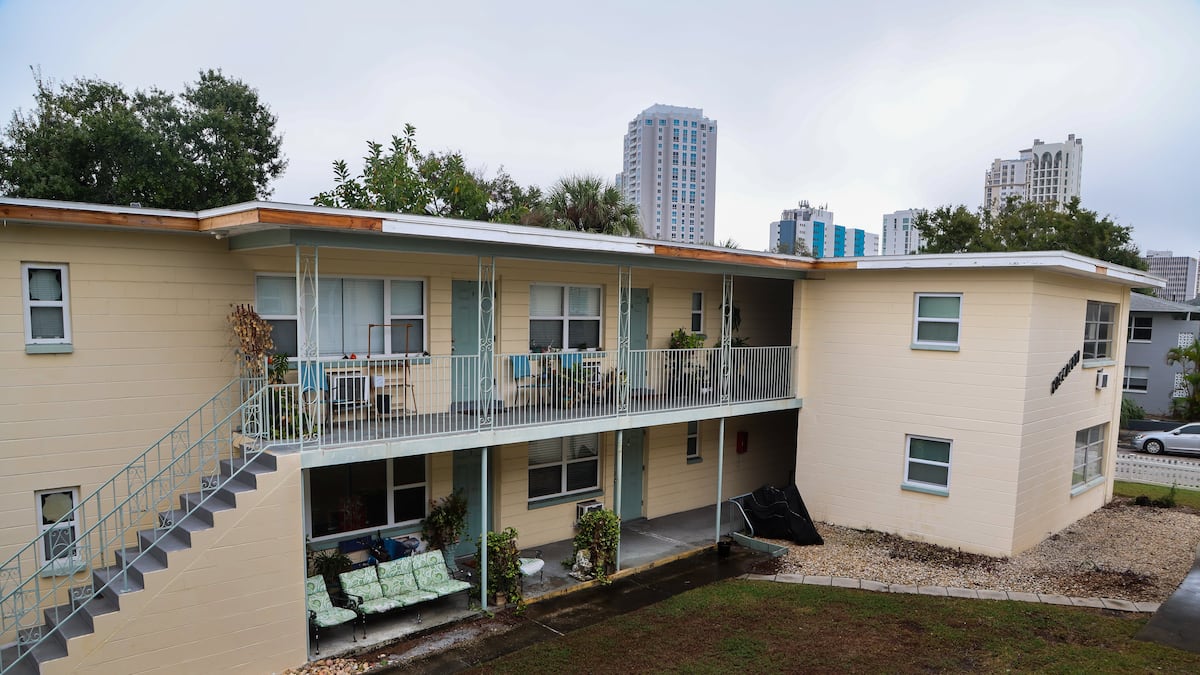A
significant deadline looms for nearly a million Florida condo owners by year's end. A 2022 law requires most associations to submit inspection reports, collect funds from owners for repairs, and maintain reserve funds for maintenance and replacements.
Condo owners are complaining about increased fees and assessments, sparking media attention on the "financial turmoil" caused by new building safety regulations. However, this narrative is misleading. As a researcher at the University of Florida's Bergstrom Real Estate Center, I suggest separating emotions from facts to understand these laws' intent.
The 2022 state condo law (SB-4D) and its follow-up (SB-154) establish three primary requirements: licensed inspections, reporting, and reserve funds. These laws are not tax legislation; instead, they require more transparency and funding for repairs, reflecting the true cost of living in a condo near the ocean.
Buildings occupied before 1992 must complete a milestone inspection by December 31, 2024, examining structural integrity. If damage is found, testing and repairs are required, funded by owners without an option to waive. If no damage is identified, the association reports and posts the results.
The new regulations also require associations to budget and collect sufficient reserves for regular wear-and-tear items like roofs, elevators, and balconies. History shows that many homeowners associations struggle to save adequately for repairs and maintenance.
Florida has more weakly funded associations than any other state, according to Will Simons of Association Reserves. The Champlain Towers South condominium collapse in 2021 is a tragic example of underfunding. Properties over 30 years old are affected by the new laws, with many residents struggling to adapt to funding requirements.
Gov. Ron DeSantis is considering relief for owners facing financial hardship. While frustration is understandable, policymakers are setting guidelines that condo owners should have established themselves. Properties facing significant financial shocks are likely undermaintained or underfunded.
The intent of these laws is being confused with existing concerns about condo association governance and oversight. House Bill 1021 addresses this issue. Oceanside concrete structures, roofs, windows, and elevators have limited lifespans; the new regulations make true condo costs transparent to unit owners and buyers.














